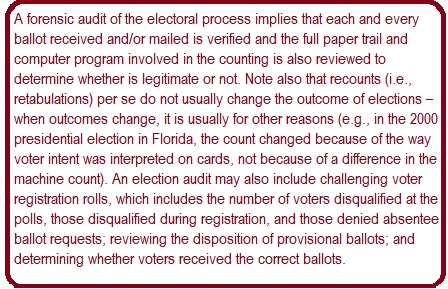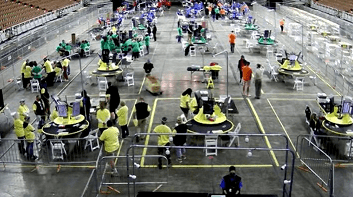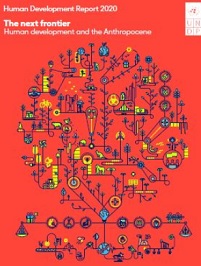Indeed, Ukraine has been a democratic country since achieving independence in 1991. There have been a number of major challenges to that political reality, but if President Zelensky can improve on his predecessor’s legacy, he may just succeed in furthering Ukraine’s economic growth and drawing the country still closer to the West. This forecasst also depends on whether democracies confront on a firm footing the hegemonic and expansionist ambitions of Putin's Russia. In fact, Ukraine isn’t a failing state or a hopeless Potemkin democracy — it’s a country, though war-torn, firmly on the path of making good on the 2014 Maidan Revolution."
The Naftogaz Maneuver: Ukraine’s Twilight as a Western Country? 
How the ouster of a reform-oriented energy sector CEO is a microcosm of Ukraine’s battle to become a Western country.
Kiev, May 16.– Following the ouster of President Viktor Yanukovych in 2014, Ukraine began the slow process of extracting itself from the claws of Russia after 300 years of enforced subservience.
Much more than just a corporate firing
It is against that backdrop that the recent firing of Naftogaz CEO Andriy Kobolyev matters so much.
Could the real purpose of this corporate maneuver have been to end any prospect of Ukraine’s pivot toward the West?
- Hits: 5367

 To top it off, it has been discovered that the Maricopa County election officials did not have control over the counting of the votes but that responsibility was in the hands of two employees of Dominion Voting Systems. The fact that the County does not have system administrators who have administrative access to the Dominion voting machines is a big concern. By allowing Dominion to have the administration access only, the County has basically turned over the system to the Dominion voting machine system people. Further concern is due to Dominion refusing to abide by the State Senate's subpoena asking for the second password needed for the forensic audit of their machines.
To top it off, it has been discovered that the Maricopa County election officials did not have control over the counting of the votes but that responsibility was in the hands of two employees of Dominion Voting Systems. The fact that the County does not have system administrators who have administrative access to the Dominion voting machines is a big concern. By allowing Dominion to have the administration access only, the County has basically turned over the system to the Dominion voting machine system people. Further concern is due to Dominion refusing to abide by the State Senate's subpoena asking for the second password needed for the forensic audit of their machines.
 Bajo la larga sombra de la COVID‑19, el 2020 ha sido un año oscuro. Los científicos llevaban años advirtiendo de una pandemia como esta, señalando el aumento de los patógenos zoonóticos —los que tienen capacidad para pasar de los animales a las personas— como reflejo de las presiones de los seres humanos sobre la Tierra.
Bajo la larga sombra de la COVID‑19, el 2020 ha sido un año oscuro. Los científicos llevaban años advirtiendo de una pandemia como esta, señalando el aumento de los patógenos zoonóticos —los que tienen capacidad para pasar de los animales a las personas— como reflejo de las presiones de los seres humanos sobre la Tierra.